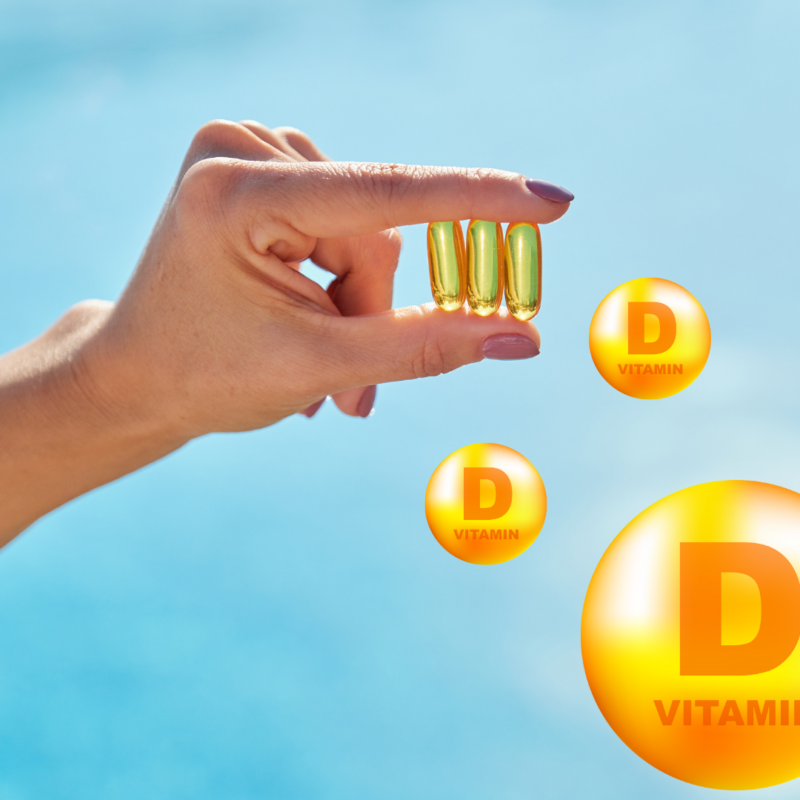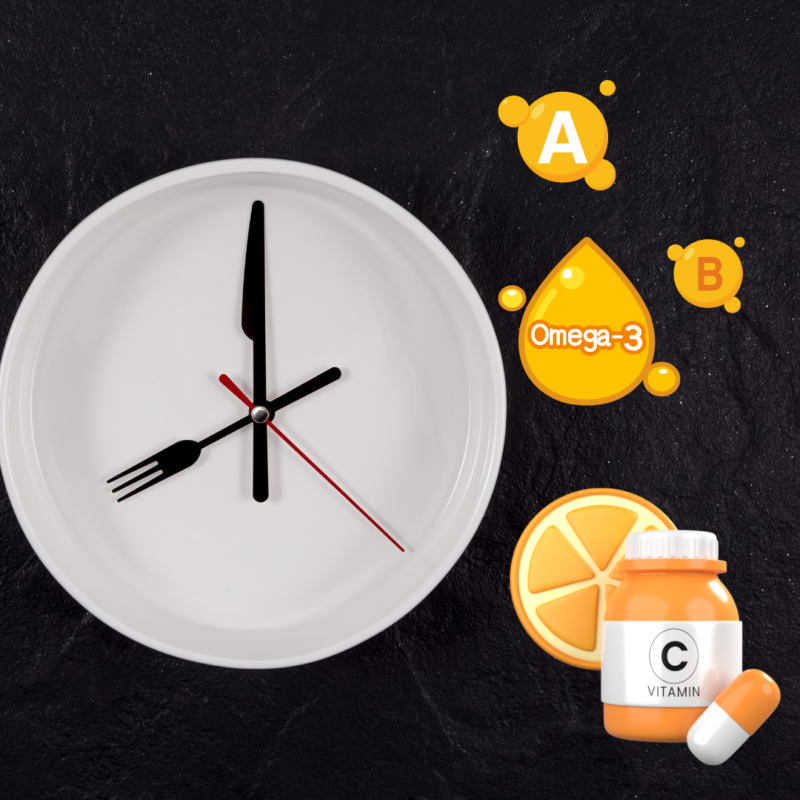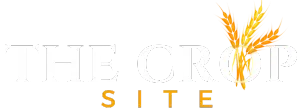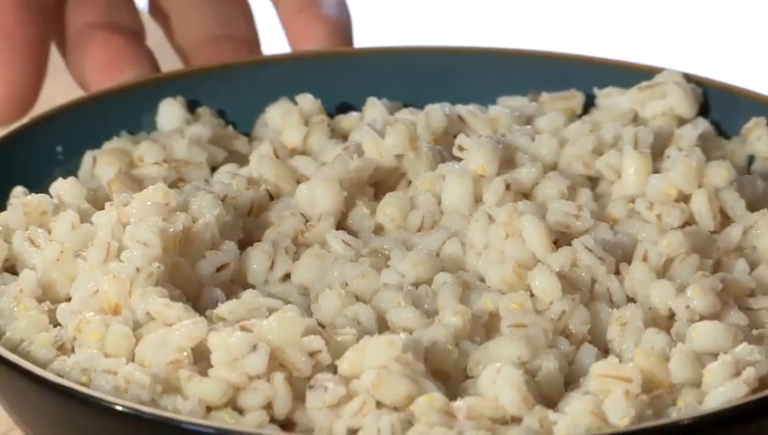Fasting has become a popular practice for its numerous health benefits, but it raises a common question about nutrient intake.
Water-soluble vitamins such as B-complex and vitamin C are safe to take during a fast as they do not break the fast and are easily digested with water. This group’s essential role in energy production and metabolism makes them valuable even during fasting periods.
Fat-soluble vitamins like A, D, E, and K require fat for absorption, which means they should be taken with meals during eating windows for optimal efficacy. Taking them on an empty stomach might not only reduce their effectiveness but can also cause gastrointestinal distress.
Certain minerals such as chromium and vanadium can affect blood sugar levels and might lower them too much during a fast. Therefore, it’s best to monitor their intake carefully to maintain balance. By understanding which vitamins are compatible with fasting, one can maintain a balanced nutrient intake without disrupting the fasting state.
Fasting involves abstaining from food for various periods to achieve health benefits. The relationship between fasting and how nutrients are absorbed plays a critical role in maximizing these benefits. Proper understanding of this process helps in maintaining a balanced approach to fasting.
Safe Vitamins to Take While Fasting
Vitamin C

Vitamin C, a water-soluble vitamin, is generally safe to take on an empty stomach. It can support the immune system and aid in the absorption of iron from plant-based foods. While fasting, individuals often turn to supplements to maintain adequate vitamin C levels as stated by NCBI. Be aware that very high doses may cause stomach upset, so it’s best to stick to recommended daily amounts.
B Vitamins
B Vitamins are a group of water-soluble vitamins that can be taken during fasting without breaking the fast. They play a crucial role in metabolism and energy production, making them especially beneficial during periods of lower caloric intake. Common B vitamins include B12, which supports nerve function, and B6, important for protein metabolism. These vitamins are best taken with water as they are easily absorbed without food according to the National Institute of Health.
Vitamin D

Vitamin D is fat-soluble, meaning it is best absorbed when taken with foods containing fats. However, during fasting, it can still be taken as long as it is ingested with the first meal of the eating window. Vitamin D is essential for bone health and immune function. Supplementing with Vitamin D can be especially important for individuals with limited sun exposure or dietary intake.
Supplements and Fasting
- Creatine: Whether taken before or after a workout, creatine is unlikely to disrupt your fast since it has zero calories and does not influence insulin levels.
- Electrolytes: Electrolytes like potassium, sodium, and calcium are safe to consume during fasting, provided they don’t contain sweeteners or calories. They can even help manage the side effects of transitioning into ketosis. For more details, refer to our keto supplements guide to understand why electrolytes are beneficial for keto fasting.
- L-tyrosine: This amino acid, taken on an empty stomach, aids in stress management and mood support. In lower doses, it is unlikely to break a fast.
- Probiotics: These beneficial gut bacteria are advantageous for overall health. Some probiotic supplements should be taken without food when stomach acid levels are lower. Always check the label for specific recommendations from the manufacturer.
- Prebiotics: Prebiotics feed your good gut bacteria to maintain a healthy gut microbiome. For instance, Bulletproof InnerFuel Prebiotic contains no sugar or net carbs and mixes well with hot or cold liquids, making it a great addition to morning coffee.
Micronutrients and Fasting
Fasting can sometimes limit the intake of essential minerals and micronutrients. These include iron, magnesium, zinc, and calcium. Ensuring adequate intake of these nutrients is vital for maintaining bodily functions like muscle and nerve function, immunity, and bone health.
While multivitamins are often formulated to cover these gaps, it’s crucial to evaluate their composition. Some multivitamins may contain added sugars or fillers that could break a fast. Choosing pure forms of micronutrients or supplements specifically designed for fasting can mitigate these concerns. When in doubt, consulting a healthcare provider can help tailor supplement choices to individual needs and ensure they align with fasting practices.
Impact on Fasting Goals and Autophagy
Consuming certain vitamins helps in maintaining the fasting state without disrupting the body’s metabolic processes. Water-soluble vitamins, such as B vitamins and vitamin C, are typically safe as they do not require fats for absorption and do not contain calories.
Electrolytes like magnesium, potassium, and sodium are critical in maintaining hydration and muscle function during fasting. These elements do not break the fast and can be consumed through supplements or mineral water.
Vitamins such as vitamin D should be taken with food but can be consumed in small amount during alternate-day fasting to avoid deficiency, provided it does not break the caloric intake threshold. Additionally, ensuring vitamin D levels are adequate supports bone health and immune function during prolonged fasting periods.
Autophagy and Vitamin Consumption

Autophagy is a cellular process that gets activated during nutrient deprivation, commonly achieved through fasting. Certain vitamins may support this process. Vitamin B3 (niacin) and vitamin B9 (folate) have shown potential in enhancing autophagy due to their roles in cellular repair and DNA synthesis.
Antioxidants like vitamin C can assist in reducing oxidative stress, thereby supporting cellular health during autophagy. However, it’s crucial to avoid high doses of antioxidants, as they might interfere with the body’s natural stress responses and autophagy.
Magnesium has been linked to benefits in cellular regeneration and could be useful during fasting to support these processes. A careful selection of vitamins that align with the autophagic process can optimize the health benefits derived from fasting.
Supplements to Take with Food
- Amino Acids: L-glutamine and branched-chain amino acids (BCAAs) should be taken with food as they can increase insulin levels and disrupt ketosis according to NCBI.
- Curcumin and Omega-3 Fatty Acids: Supplements such as Turmeric Curcumin Complex and Bulletproof Omega Krill Complex are better absorbed with food. Take these during your eating window for maximum benefit.
- Chromium and Vanadium: These minerals can lower blood sugar levels too much when taken during fasting, risking hypoglycemia and energy dips. It’s best to take them when you break your fast to avoid these issues.
- Fat-Soluble Vitamins: Vitamins like D, E, and multivitamins containing fat-soluble ingredients should be taken with meals. They require fat for absorption. For example, Bulletproof Vitamins A-D-K suggests taking one softgel daily with food.
- Gummy Vitamins: Typically sweetened and made with gelatin, gummy vitamins contain protein and sugars, which can break a fast. Reserve them for your eating periods.
- Iodine: To ensure optimal absorption, take iodine supplements like kelp powder or potassium iodide capsules with food.
- Magnesium: Taking magnesium on an empty stomach can cause gastrointestinal discomfort. It’s advisable to consume it with meals to prevent an upset stomach.
- Protein Powder: Both whey and collagen protein powders contain calories and induce an insulin response, breaking a fast. Use them within your eating window.
- Zinc and Copper: These minerals are often combined in supplements because they work synergistically. Take them with food to enhance their effectiveness, such as Bulletproof Zinc with Copper.









